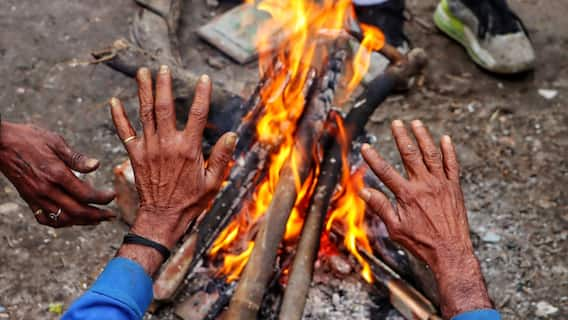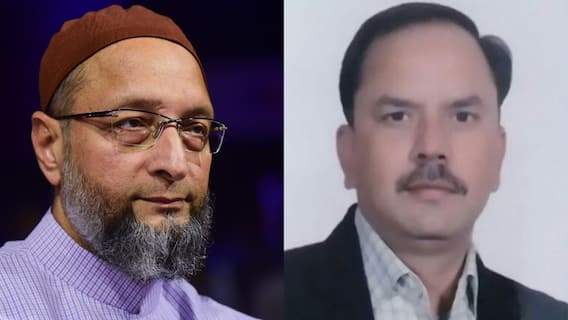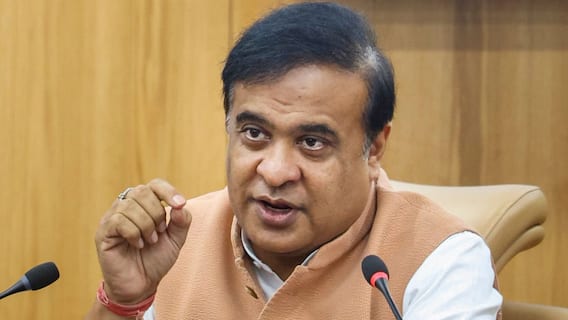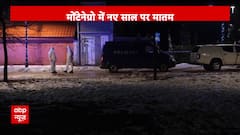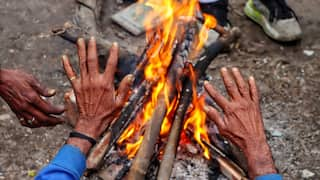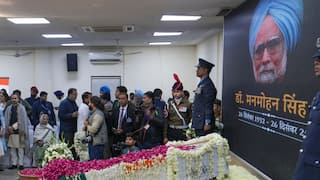'Bring Court Order': Google To Delhi Police's Request Of Information On JNU Violence
MLAT is an agreement between two or more countries to collect and exchange information in an effort to enforce public or criminal laws.

New Delhi: The Delhi Police Crime Branch had asked Google to provide information about the 33 members of two WhatsApp Group involved in the violent attack in JNU on January 2020. In response, Google has said that such details can only be provided by the police under the Mutual Legal Assistance Treaty (MLAT) after receiving the letter rogatory i.e. order from the court.
On January 5th, 2020, about 100 persons armed with sticks entered the JNU campus destroyed the property, and injured at least 36 persons, including students and staff. The attack lasted nearly four hours, the matter was transferred to the crime branch after an FIR was lodged but nobody has been arrested so far.
ALSO READ: Twitter Loses Intermediary Status, Liable For Penal Action For Not Removing 'Misleading Content'
The police had written to Google and WhatsApp seeking information about the 33 students and members of two WhatsApp groups 'Unity Against Left' and 'Friends of RSS' along with details of messages, pictures, and videos shared by them. While the messaging app declined to share any information, Google in a recent reply stated that the information pertains to services provided by Google, which the company operates in the US and is governed by US laws
The company said that they will keep the data safe but will share it after receiving the request letter under MLAT. According to the police source, in such cases, Google follows diplomatic procedures established between the jurisdiction requesting the data and the US government.
Letter Rogatory is a formal request from a foreign court seeking judicial assistance in the investigation of an institution in another country. MLAT is an agreement between two or more countries to collect and exchange information in an effort to enforce public or criminal laws.
Police had shared with Google the email addresses of the 33 students and members of the two WhatsApp groups. According to sources, the investigators had to do this because no WhatsApp group was found on the phones of the students who were questioned in connection with the incident. This suggests that the suspects probably deleted their chats. According to sources, the police believe that sharing the backup of Google's WhatsApp messages will help in the investigation.
Trending News
Top Headlines






